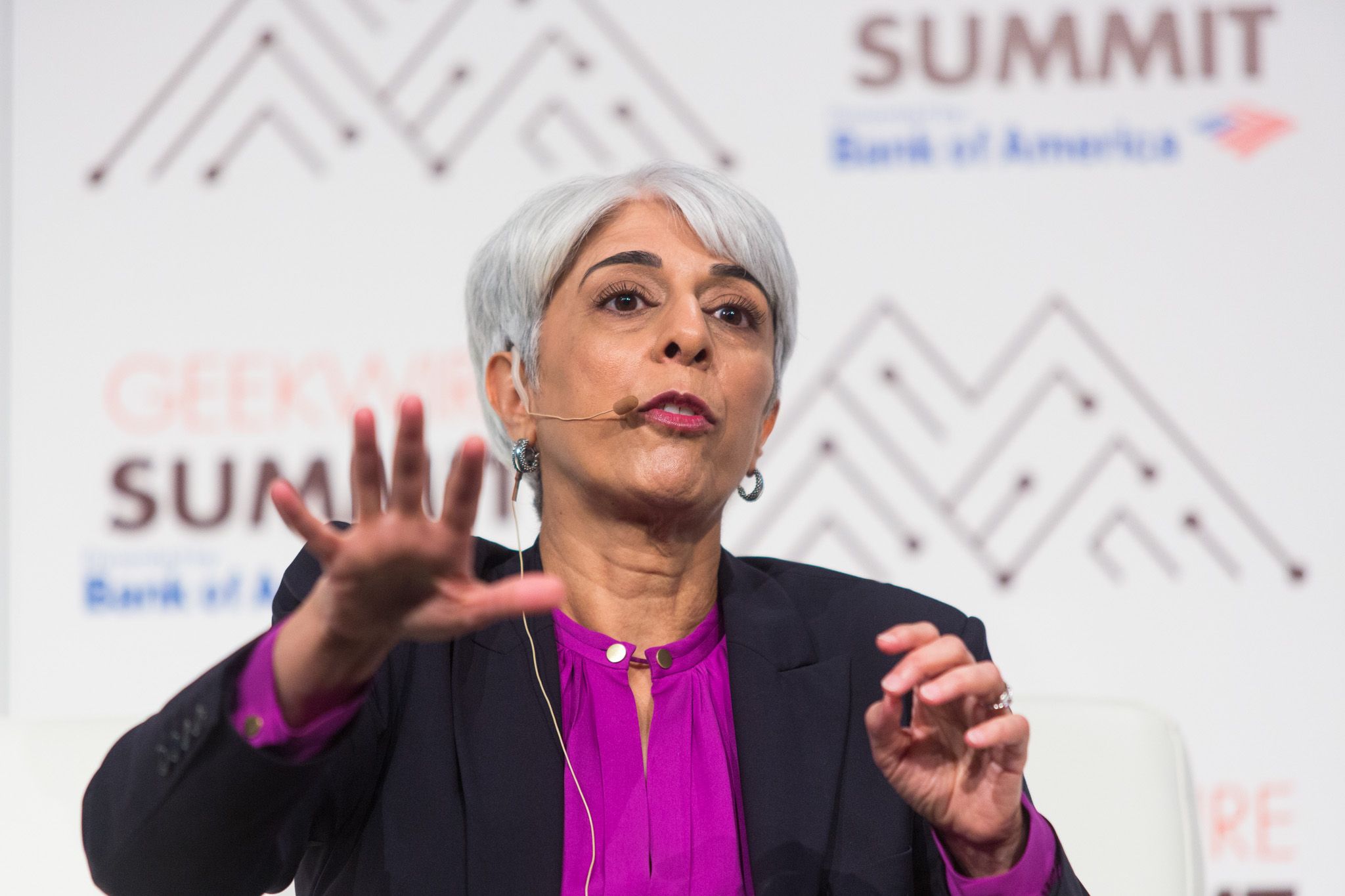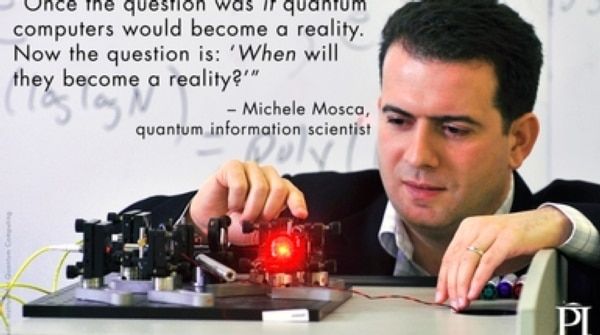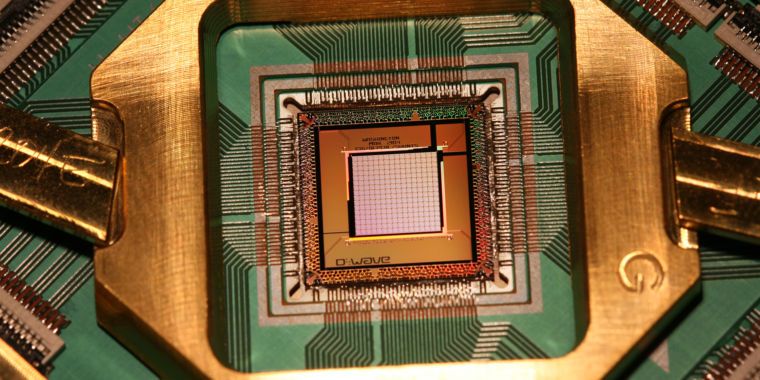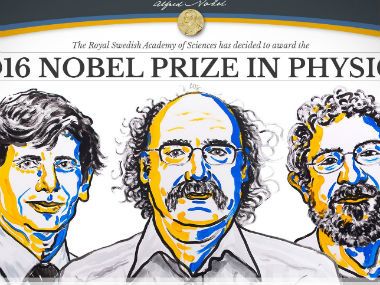Oct 5, 2016
With New Program, DARPA To Encourage Safety “Brakes” For Gene Editing
Posted by Karen Hurst in categories: bioengineering, biotech/medical, finance, genetics, health, military
Xconomy National —
Drugs that use molecular scissors to snip out or replace defective genes. Altered mosquitoes meant to sabotage entire disease-carrying populations. Both are potential uses of genome editing, which thanks to the CRISPR-Cas9 system has spread throughout the world’s biology labs and is now on the doorstep of the outside world. But with its first applications could also come unintended consequences for human health and the environment. The U.S. Defense Advanced Research Projects Agency—a famed military R&D group—wants to finance safety measures for the new gene-editing age.
The idea for the funding program, called Safe Genes, is to get out ahead of problems that could bring the field to a screeching halt. “We should couple innovation with biosecurity,” DARPA program manager Renee Wegrzyn, said Tuesday at the SynBioBeta conference in South San Francisco. “We need new safety measures that don’t slow us down. You have brakes in your car so that you can go fast but can stop when you need to.”
Continue reading “With New Program, DARPA To Encourage Safety ‘Brakes’ For Gene Editing” »


















